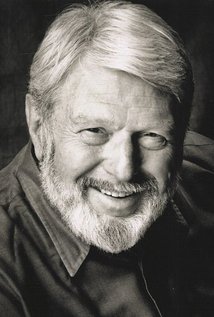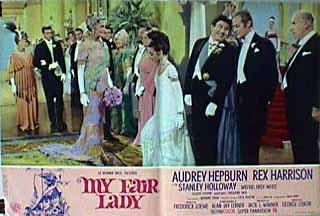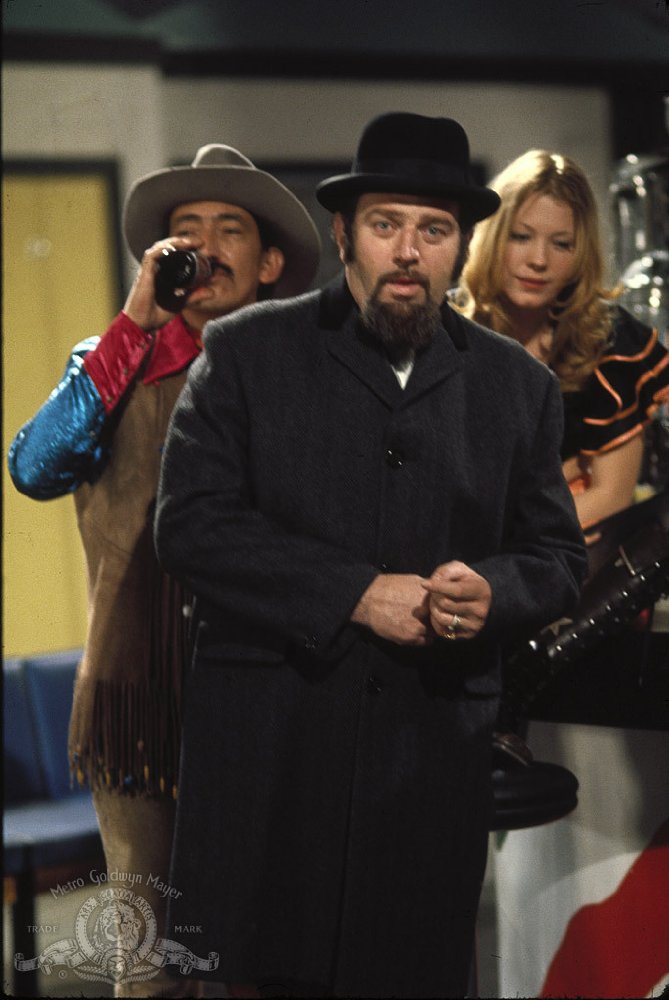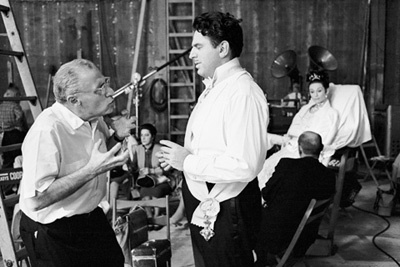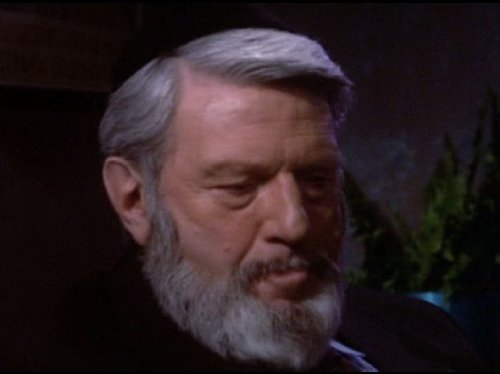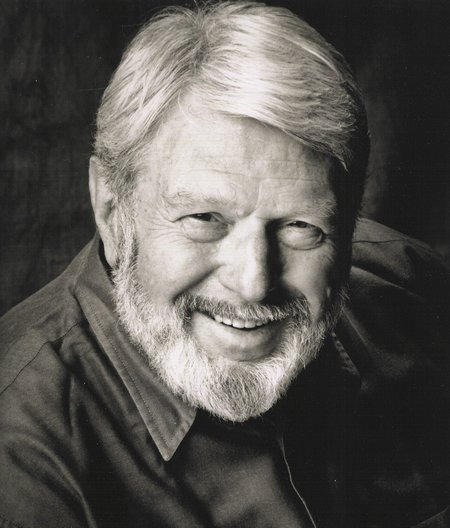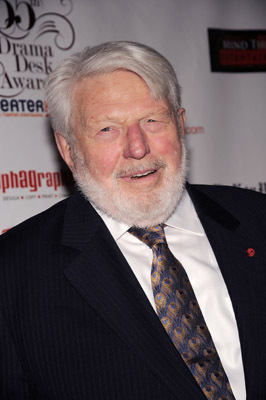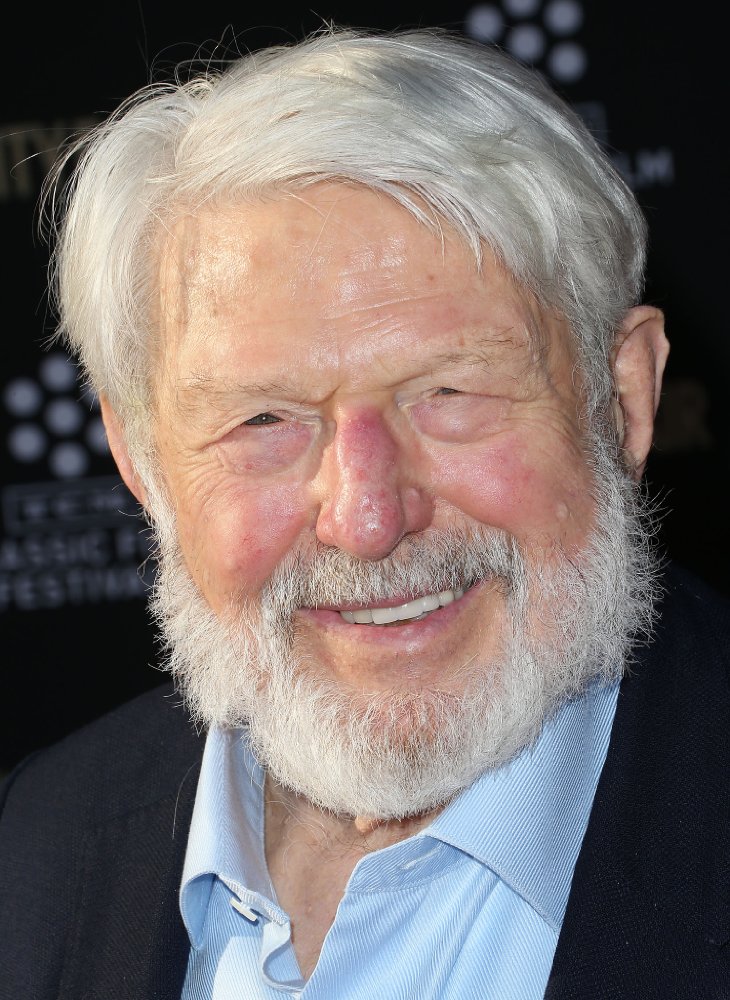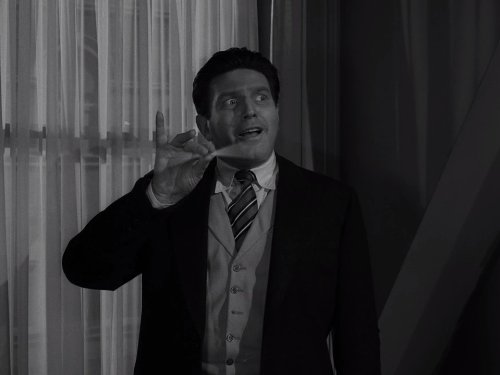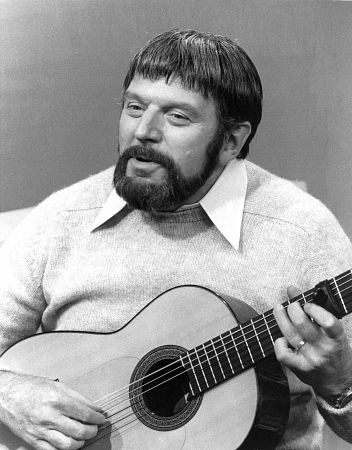-
-

-
- HOME
-
GENRES
- All
- Action
- Adventure
- Animation
- Benefit concert
- Biography
- Christmas
- Comedy
- Costume
- Crime
- Documentary
- Drama
- Family
- Fantasy
- Game-Show
- Historical fiction
- History
- Horror
- Kung-Fu
- Musical
- Mystery
- Mythological
- News
- Psychological
- Reality-TV
- Romance
- Sci-Fi
- Short
- Sitcoms
- Sport
- Stand-up Comedy
- Talk-Show
- Thriller
- TV Show
- War
- Western
-
COUNTRY
- All
- United States
- United Kingdom
- Euro
- International
- France
- India
- Japan
- Korea
- Hong Kong
- China
- Thailand
- Taiwan
- Asia
- South Korea
- New Zealand
- Australia
- Canada
- Czech Republic
- Serbia
- Slovenia
- Germany
- Netherlands
- Belgium
- Sweden
- Bahamas
- Bolivia
- Mexico
- Samoa
- Russia
- Norway
- Italy
- Lithuania
- Finland
- Peru
- Argentina
- Romania
- Afghanistan
- Spain
- Poland
- Ireland
- Indonesia
- Nigeria
- Switzerland
- Brazil
- Colombia
- Austria
- Philippines
- South Africa
- Uruguay
- Denmark
- Singapore
- Dominican Republic
- Turkey
- Israel
- Palestine
- Malaysia
- Hungary
- Armenia
- Jordan
- Mongolia
- Chile
- Bulgaria
- Greece
- Mali
- Uganda
- Portugal
- Pakistan
- Bosnia and Herzegovina
- Croatia
- Vietnam
- Malta
- Panama
- Venezuela
- Cuba
- Morocco
- Luxembourg
- Georgia
- Belize
- Somalia
- Kenya
- Sudan
- Iceland
- Trinidad and Tobago
- Iran
- Lebanon
- Ukraine
- Senegal
- Cambodia
- United Arab Emirates
- Bangladesh
- RELEASE
- MOVIES
- TV-SERIES
- TOP-IMDB
- WATCHED
- LAST ADDED
